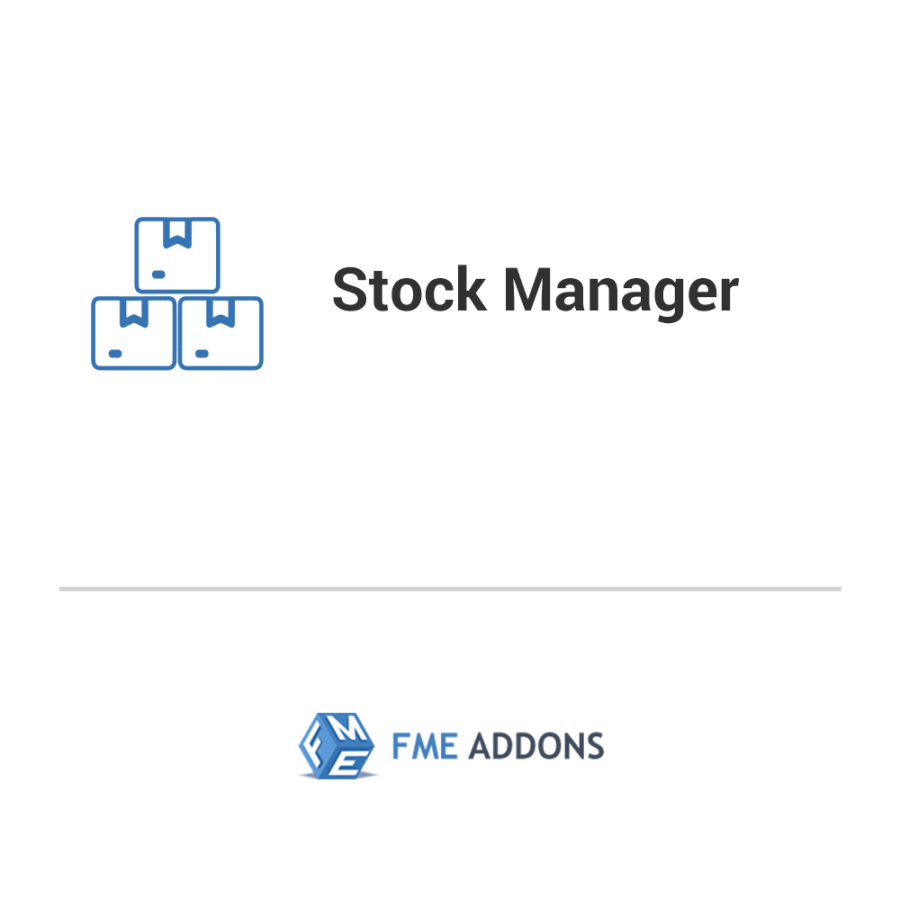Key Factors to Consider When Choosing Mechanical Seals for Vertical Pumps
Selecting the right mechanical seals for vertical pumps is vital for ensuring optimal performance, reliability, and longevity of the pump systems. Vertical pumps are widely used in various industries, including water treatment, chemical processing, and oil & gas, where they handle a range of fluids and operate under different conditions. Choosing the appropriate mechanical seal involves evaluating several key factors, such as pump shaft speed, fluid type, pressure, and temperature. This guide will provide a comprehensive decision-making framework for engineers and maintenance professionals.

Pump Shaft Speed
The speed at which the pump shaft rotates is a significant factor in seal selection. High shaft speeds can generate considerable friction and heat, which can affect the performance and lifespan of the mechanical seal. When selecting seals for high-speed applications, consider the following:
- Material Compatibility: Ensure that the seal faces and other components are made from materials that can withstand high rotational speeds without excessive wear.
- Cooling Mechanisms: High-speed applications may require seals with integrated cooling features to dissipate the heat generated during operation.
- Lubrication: Proper lubrication is important to minimize friction and wear. Consider seals designed for specific lubrication methods suitable for high-speed applications.
Fluid Type
The type of fluid being pumped plays a crucial role in determining the appropriate mechanical seal. Different fluids have varying properties, such as viscosity, abrasiveness, and chemical composition, which can impact seal performance. Key considerations include:
- Chemical Compatibility: Select seal materials that are chemically resistant to the pumped fluid to prevent degradation and ensure a long service life.
- Abrasive Fluids: For fluids containing solid particles or abrasive materials, choose seals with hardened faces and robust designs to withstand wear.
- Viscosity: High-viscosity fluids may require seals with special designs to ensure proper lubrication and sealing efficiency.
Pressure
The operating pressure of the pump system is another critical factor in seal selection. Mechanical seals must be capable of handling the system's pressure without compromising their sealing performance. Consider the following:
- Pressure Rating: Ensure the selected seal has a pressure rating that exceeds the highest operating pressure of the pump system.
- Seal Design: High-pressure applications may require double mechanical seals or seals with specific design features to manage pressure effectively.
- Balanced vs. Unbalanced Seals: Balanced seals are suitable for high-pressure applications as they reduce the load on the seal faces, minimizing wear and extending seal life.
Temperature
The temperature of the fluid being pumped and the operating environment can significantly impact the performance and durability of mechanical seals. High temperatures can cause seal materials to degrade or lose their sealing properties. Key considerations include:
- Temperature Limits: Select seals with materials that can withstand the operating temperature range of the pump system.
- Thermal Expansion: Consider seals designed to accommodate thermal expansion and contraction to maintain a reliable seal under varying temperature conditions.
- Cooling and Heating: In extreme temperature applications, seals with integrated cooling or heating mechanisms may be necessary to maintain optimal operating conditions.
Decision-Making Framework
To guide engineers and maintenance professionals in selecting the right mechanical seals for vertical pumps, the following decision-making framework can be used:
- Assess Operating Conditions: Evaluate the pump's operating conditions, including shaft speed, fluid type, pressure, and temperature.
- Determine Seal Requirements: Based on the operating conditions, identify the specific requirements for the mechanical seal, such as material compatibility, pressure rating, and temperature limits.
- Consult Manufacturer Specifications: Review the specifications provided by seal manufacturers to ensure the selected seal meets the required performance criteria.
- Consider Application-Specific Features: For specialized applications, consider seals with features such as cooling mechanisms, special lubrication methods, or abrasion-resistant designs.
- Evaluate Installation and Maintenance Needs: Choose seals that are easy to install and maintain, reducing downtime and maintenance costs.
Conclusion
Selecting the appropriate mechanical seals for vertical pumps ensures reliable and efficient pump operation. By considering critical factors such as pump shaft speed, fluid type, pressure, and temperature, engineers and maintenance professionals can make informed decisions that enhance the performance and longevity of their pump systems. Utilizing a structured decision-making framework can simplify the selection process and ensure optimal seal performance across various industrial applications.
What's Your Reaction?


















